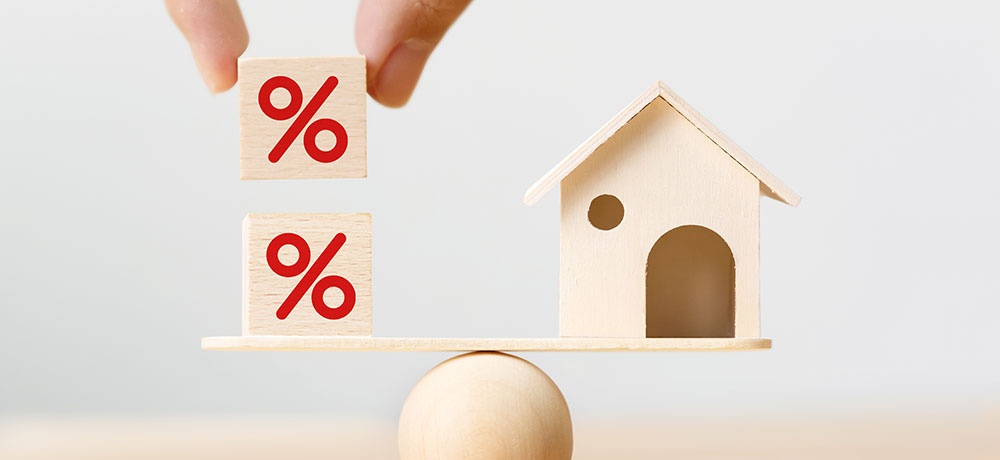The Bank of Canada raised the overnight lending rate by .5%

It's been a bit of a wild time lately between the Federal Government releasing their 2022 budget and the Bank of Canada making their 3rd announcement of 2022 regarding lending policy. So I figured it was the perfect time to break down what's been happening and the affects.
Let's start with the headline of the day, the Bank of Canada raised the overnight lending rate by .5%, the largest single raise in the past 22 years. It's part of an effort to combat inflation in Canada, and part of a larger world wide strategy that will see most of the G7 countries following suit, with the US Federal Reserve expected to raise their rates next month. So that's a lot of words to really say that prime rate is going to rise to 3.20%, so people who have a variable rate mortgage or HELOC will be impacted.
In the simplest terms, if you have a variable rate mortgage, for every $100,000 left on your mortgage, your payment will increase by $24.00. Not quite as earth shattering as the headlines may make you believe.
So does it make sense to lock into a fixed rate right now, well if we look at the numbers, if you take a variable right now, even with increase, you'll save approximately $39,000 over a 5 year term. Of course rates can continue to increase and that number may reduce but as we stand today, variable is your best option.
We have also seen increases to fixed rates with the average rate now sitting at about 3.84%. The immediate impact of a rate above 3.25% is that it increases the stress test that all borrowers need to go through. Essentially, we have to make sure that you can qualify at a rate that is higher then what you actually pay, today it's 5.25% or your contract rate plus 2% so with rates at 3.84%, we have to stress test you at 5.84% which reduces the amount the average borrower can qualify for. There are options for lenders that will qualify you at your contract rate, but they require a minimum of 20% down payment. Since it's typically first time home buyers putting down less then 20% down, the rising rates will impact what they can qualify for more significantly then experienced buyers.
Moving on to the federal government budget for 2022. The focus is very heavy on housing affordability, so key components are meant to reflect that.
The biggest headline from the budget was a ban on foreign buyers for a period of 2 years with some exemptions being carved out for permanent residents and international students. There is no mention of temporary foreign workers but I'm sure that will be addressed as the process moves forward.
A new Tax Free First Home Savings Account (TFFHSA) has also been announced. This new account will allow someone to an individual to contribute $8,000 per year to a maximum of $40,000 lifetime. This new account will combine the tax deductible contribution of an RSP and the tax free withdrawal of a TFSA. Multiple people can combine their savings to form a down payment. It can also be used in conjunction with the RSP Home Buyers Plan.
The First Time Home Buyer Incentive was also extended until 2025. This program which hasn't been utilized to a great extent by Canadians allows for the government to match a 5% down payment or 10% on a new build. The caveat is that the government is also entitled to the same amount in equity in your home. So if you sell your home in 15 years and the value has risen significantly, you will have to pay back the FTHBI a 5%-10% equity. if you never sell your home, after 25 years, you will have to make a payment based on the fair market value to the government.
Other notable items, include a taxation on "flipping" homes, essentially if a home is bought and sold within a year there will be a capital gains tax. This tax will also allow exemptions due to hardship, work transfers, amongst others.
Will these have the desired effect of allowing more Canadians to enter the housing market? Only time will tell!
If you have any questions, don't hesitate to reach out at 250-307-5243 or by email at brent@battenmortgages.ca.